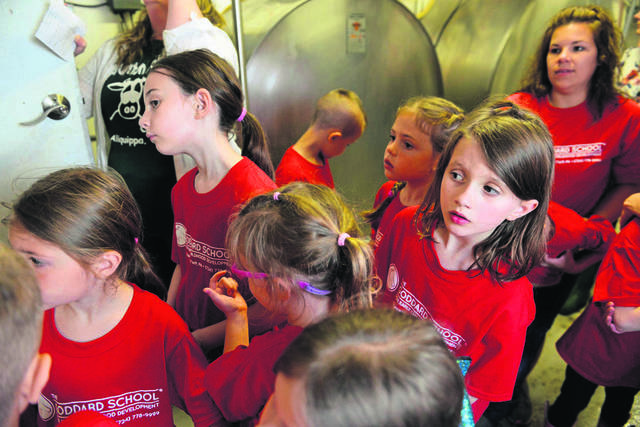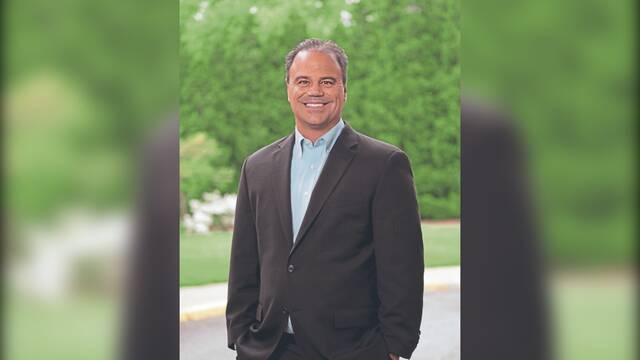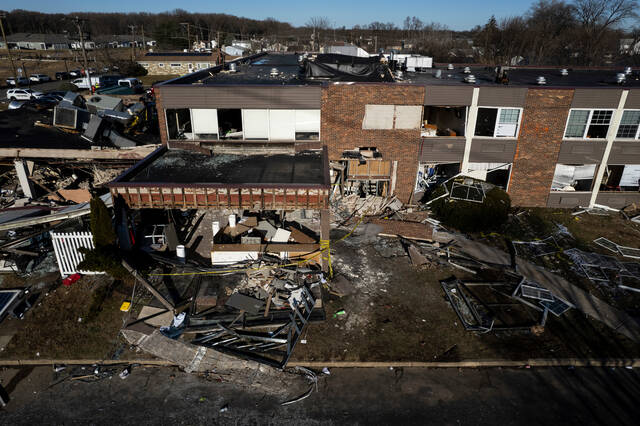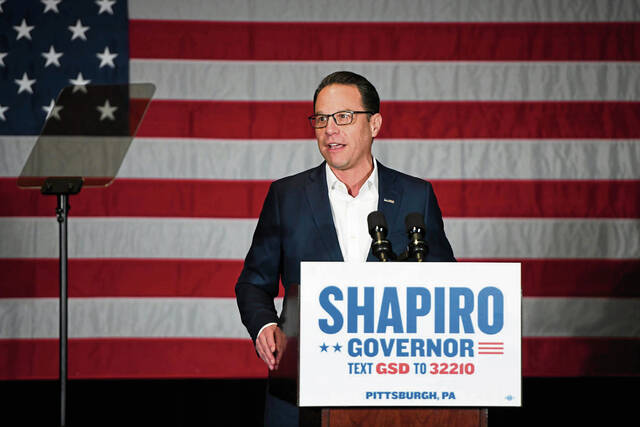Pennsylvania dairy farmers and their supporters rallied in Harrisburg on Tuesday in support of restoring whole milk as an option for school lunches.
The protesters were scheduled to gather in the rotunda of the State Capitol at 11 a.m. Tuesday for the “Dairy Day for PA Healthy Kids” rally, following a 9 a.m. legislative briefing.
Among those planning to attend was Caroline Zimmerman, herd manager for Dry Creek Farm in Martinsburg, Blair County. Dry Creek is a fourth generation family-owned dairy farm that opened in 1937.
Zimmerman, who sits on the board of the Center for Dairy Excellence, said dairy farmers want whole milk to once again be an option for school children and want stricter enforcement of laws ensuring the proper labeling of non-dairy products.
The rally was held in support of U.S. House Resolution 832, the Whole Milk for Healthy Kids Act, and U.S. House Resolution 1769, the Dairy Pride Act.
Sponsored by U.S. Rep. Glenn Thompson, R-Bellefonte, HR 832 would give students in schools access to a wider range of milk options, including whole milk. Under current federal regulations, schools can only offer students unflavored skim or 1% milk.
Sponsored by U.S. Rep. John Joyce, R-Chambersburg, HR 1769 calls for stricter enforcement of regulations that prohibit the “mislabeling” of milk alternatives such as soy milk or almond milk.
Zimmerman said removing whole milk from schools, in addition to hurting dairy farmers, has had an adverse impact on student nutrition.
“Something that was very familiar and very healthy was basically taken away from people based on politics,” she said. “It comes back to — we shouldn’t be taking choices away from parents and children, especially choices that have been proven by science to be healthy for school lunches.”
The labeling of milk alternatives as milk has created confusion among consumers, she said.
“What’s mainly affected them is very targeted marketing by alternative beverages that try to market themselves as milk,” Zimmerman said. “It’s really played on the fact that the dairy industry is a small family-oriented industry (that is) battling major corporations that have millions of dollars for marketing.”
Prior to the start of the 2018-19 school year, the Pennsylvania Departments of Education and Agriculture informed local school districts of a federal rule change that allows for the use of 1% flavored milk in schools without a waiver. The joint letter also asked schools to choose Pennsylvania dairy producers and vendors.
The letter was part of a larger strategy by the Gov. Tom Wolf administration to promote the Pennsylvania dairy industry, which has been suffering from depressed prices and declining demand since 2014.
The USDA interim final rule for Child Nutrition Programs marks a shift away from the Obama administration’s practice of limiting schools to skim milk, but still does not address the issue of whole milk.
In January, Joyce and U.S. Rep. Anthony Brindisi, D-N.Y., wrote a letter to Food and Drug Administration Commissioner Scott Gottlieb, asking him to “crack down on plant-based dairy imitators” that use the word milk in their labeling.
Pennsylvania is the nation’s sixth-largest dairy producer. Dairy constitutes one third of the total agricultural output for the state.








